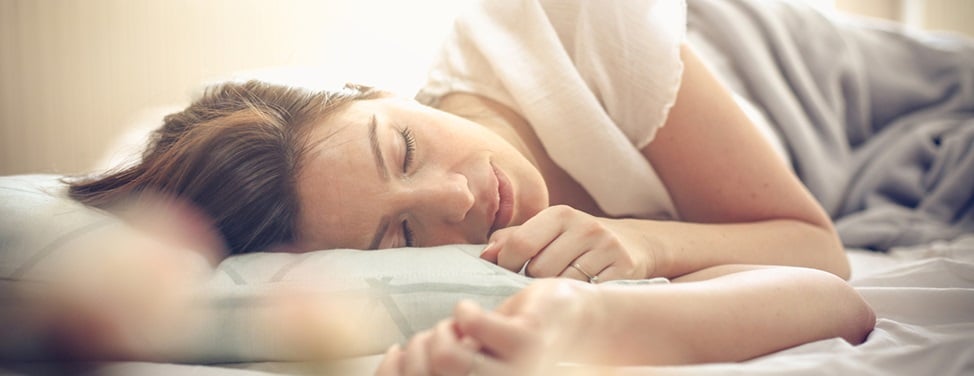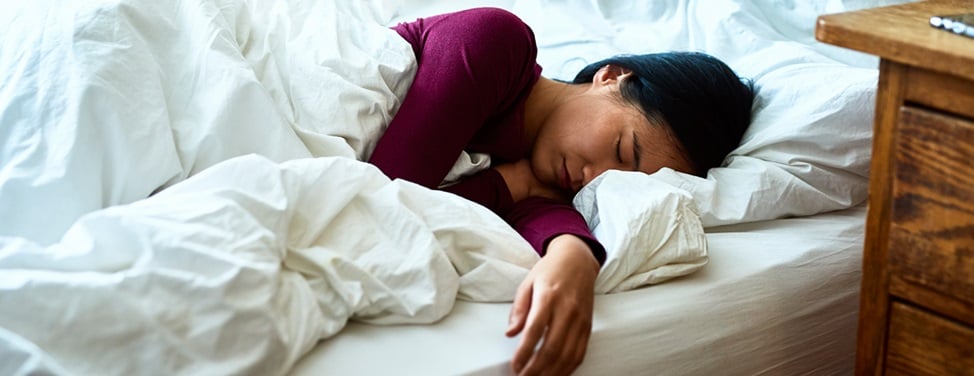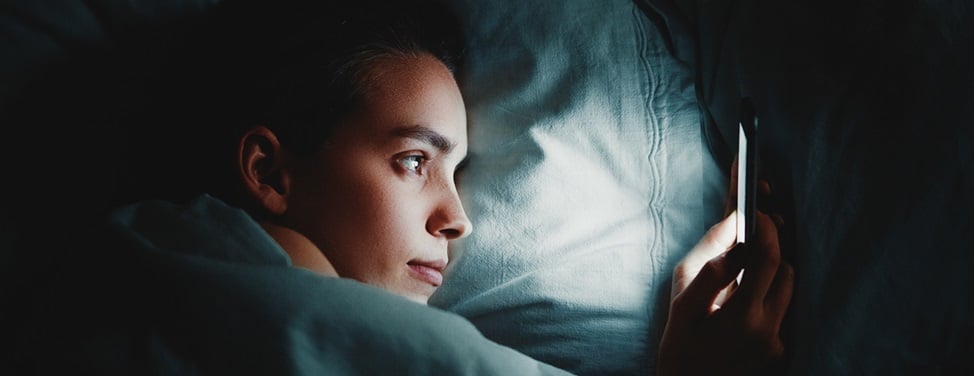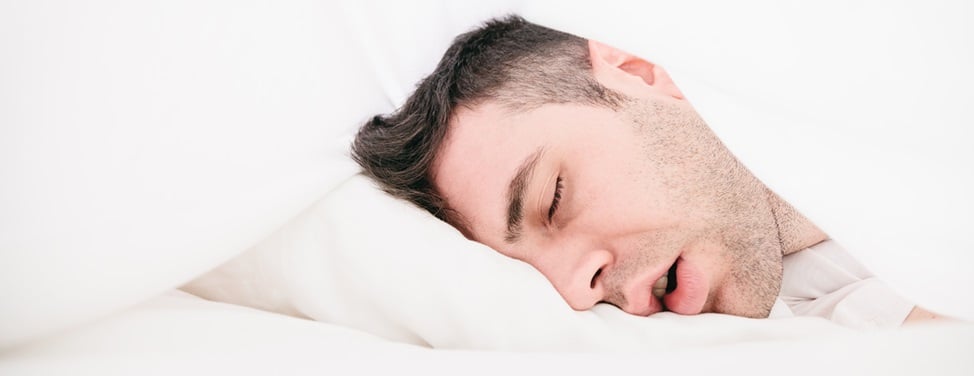
Melatonin and Sleeping Pills
Melatonin
Melatonin is a hormone naturally found in the brain in the pineal gland, which is affected by light. When there is an absence of light, the pineal gland secretes natural melatonin, which may make you sleepy.
Ingesting melatonin causes some people to become sleepy. Studies show that melatonin is not only good for helping you sleep, but it also has been found, in laboratory studies using rats and mice, to be an antioxidant, which can help slow the aging process. However, we do not know the long-term consequences of taking melatonin.
The concern with taking melatonin is that it is not regulated by the Food and Drug Administration (FDA), because it is considered to be a food supplement and not a medication. By law, the manufacturers are only required to include the distribution address on the container, not the ingredients or how the melatonin was made.
Sleeping Pills
Most sleeping medications are meant to be taken for a short period of time, usually for two weeks to two months. When taken for a longer period of time, the effectiveness of the medications wear off. Therefore, dosages usually have to be increased in order for them to work.
If sleeping medications are indicated for longer periods of time, then a "medication holiday" should be taken. Taking a medication holiday means not taking a regular medication for a period of time, so the same small dosage can work once you take it again.
Some sleeping pills can cause a drugged effect the morning after taking them. These medications tend to have longer "half lives," which means they stay in your system longer. Some medications have shorter half lives, and you do not feel the drugged effect in the morning after taking the medication.
UCSF Health medical specialists have reviewed this information. It is for educational purposes only and is not intended to replace the advice of your doctor or other health care provider. We encourage you to discuss any questions or concerns you may have with your provider.










